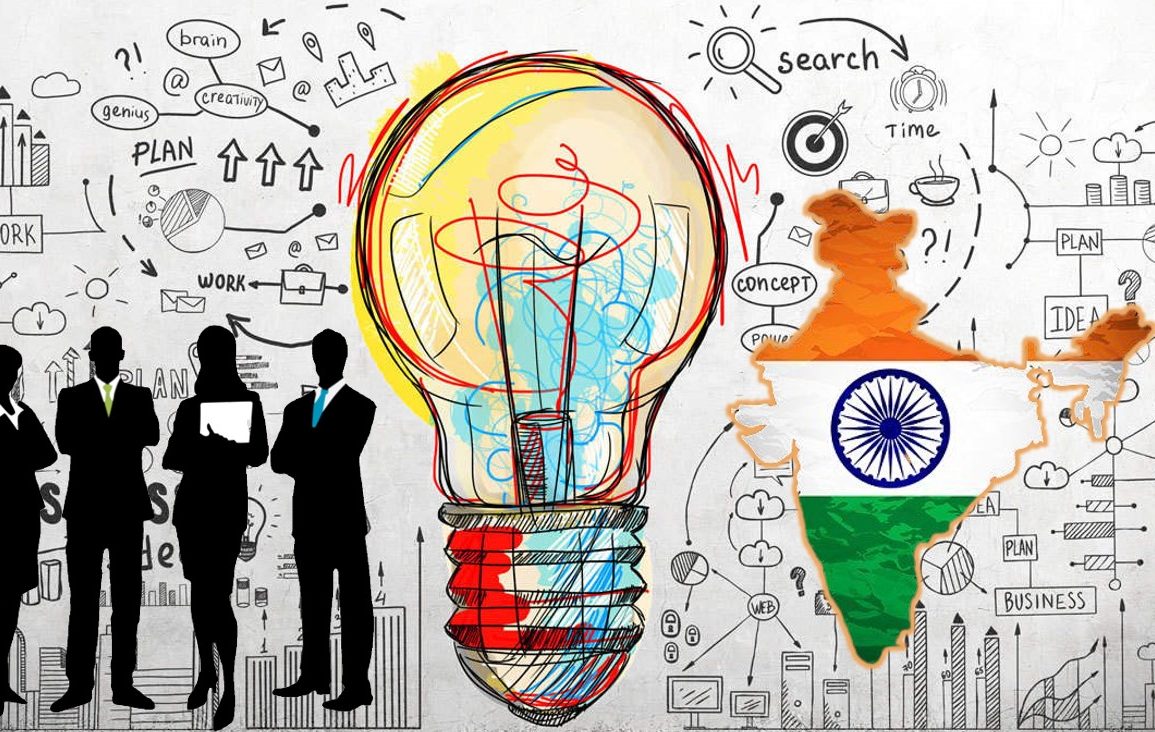Artificial Intelligence (AI) has revolutionized the way we live, work, and interact with each other. With its vast potential to transform industries and improve lives, AI has become a coveted technology for countries around the world. Among these, India has emerged as a key player in the global AI terrain, showcasing its remarkable progress and ambition. This article looks into India’s position on AI, exploring its strengths, challenges, and future prospects in this cutting-edge field.
India’s AI Story So Far
India has made significant strides in AI research and development, driven by its young and tech-savvy population, government initiatives, and a strong startup ecosystem. According to a report by NASSCOM, India’s AI market is expected to reach $7.8 billion by 2025, growing at a CAGR of 40%. The country has also taken a lead in developing its own AI solutions, such as Bhuvan, a mapping and visualization platform, and Rashtriya Rail Sanrakshan System, a predictive maintenance system for Indian Railways.
Government Support and Initiatives
The Indian government has been actively promoting AI development through various initiatives. One of the most notable is the National Artificial Intelligence Portal, launched in 2018, which aims to provide a platform for AI stakeholders, researchers, and industry players to collaborate and share knowledge. Additionally, the government has set up several AI research centers, including the AI Research and Development Lab at IIT-Madras and the AI Institute at IIT-Kharagpur. These initiatives have not only boosted AI adoption but also attracted international investment and collaborations.
Challenges and Opportunities
Despite these advancements, India still faces several challenges in its AI journey. One major obstacle is the lack of skilled professionals, which is a pressing issue in the country’s IT sector. To address this, the government has launched several initiatives, such as the “India Digital Payments” program, aimed at increasing digital literacy and enhancing digital payment systems. Another challenge is the need for robust data protection and privacy laws, which are essential for building trust in AI systems.
However, these challenges also present opportunities for growth. India’s large and growing population, combined with its relatively low labor costs, make it an attractive location for AI companies and startups. The country’s agriculture and healthcare sectors also offer vast potential for AI applications, such as precision farming and AI-assisted diagnosis.
Future Prospects
As India continues to drive innovation and growth in AI, several key areas are expected to shape its future prospects. One such area is the increasing adoption of cloud-based AI solutions, which will enable greater scalability and collaboration. Another area is the development of Explainable AI (XAI), which aims to make AI more transparent and interpretable, addressing concerns around bias and accountability.
India’s future prospects in AI also depend on its ability to harness its vast talent pool and drive domestic innovation. The country’s premier educational institutions, such as IITs and IIMs, are already producing bright minds in AI and related fields. In addition, the government’s initiatives to promote startups and entrepreneurship will help create a thriving ecosystem for AI-based businesses.
India has made significant progress in AI research and development, showcasing its rising stature in the global AI terrain. With government support, a strong startup ecosystem, and a young and talented population, India is poised to drive innovation and growth in AI. While challenges remain, India’s future prospects in AI are bright, with opportunities in cloud-based solutions, Explainable AI, and domestic innovation.


